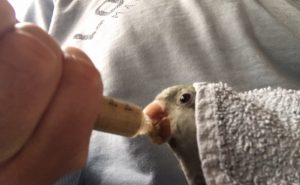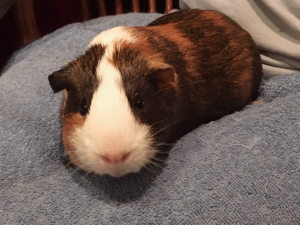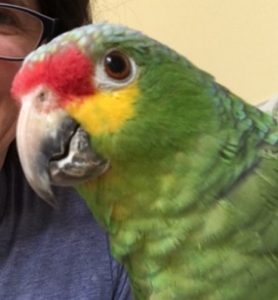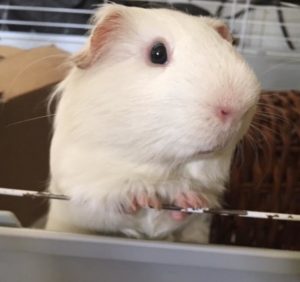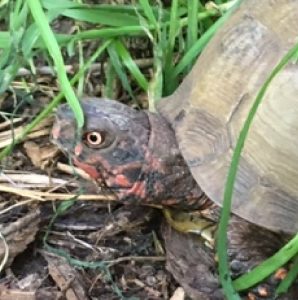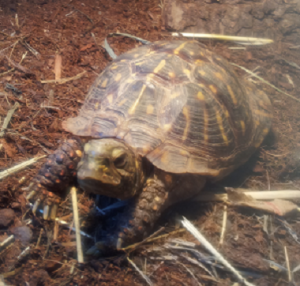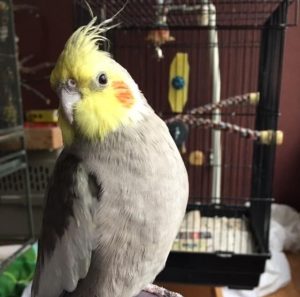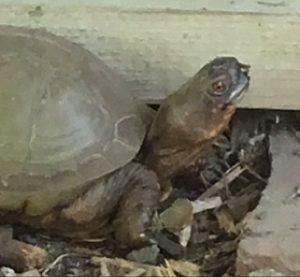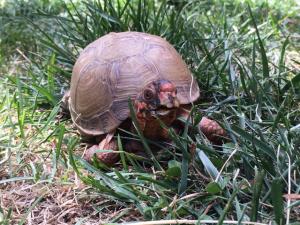School Outreach Program

Compassion In The Classroom
Animals belong in better environments
Living With Harmony is actively developing a school outreach program to educate teachers and school officials on the myths that pocket pets, turtles and reptiles are easy to care for, and to discourage having these, and other, animals as pets in classrooms.
This endeavor will be able to improve the lives of those already in classrooms and to hopefully prevent more animals from being used and housed in these unnatural environments.
Brochure for teachers, educators, and students coming soon…
Animal Neglect is Not Good Education
Some of The Most Abused Animals in Classrooms:

Rabbits

Guinea Pigs

Hamsters

Chickens
and hatching programs

Turtles

Lizards

Frogs

Doves
Thousands of Animals Are Being Inhumanely Kept in Schoolrooms Across the United States.
Please Contact Us To Help.
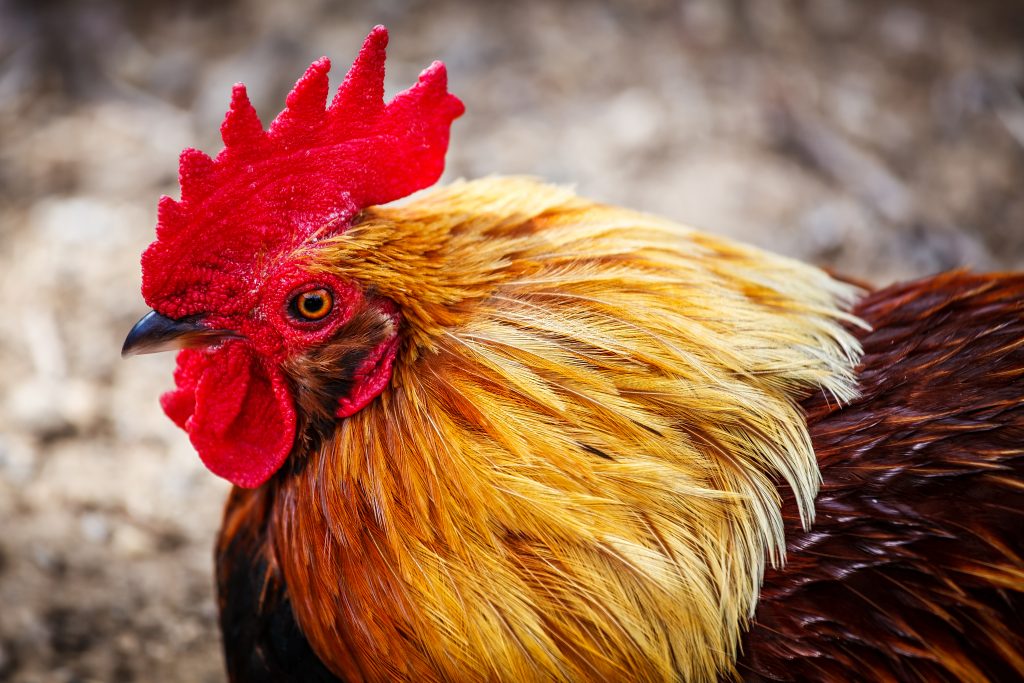
Some schools still hatch chicken eggs in the science classrooms. Unfortunately, many of these chicks become roosters and often city ordinances forbid roosters within city limits.
These poor animals have nowhere to go after the program is finished and are often doomed to unnecessary slaughter.
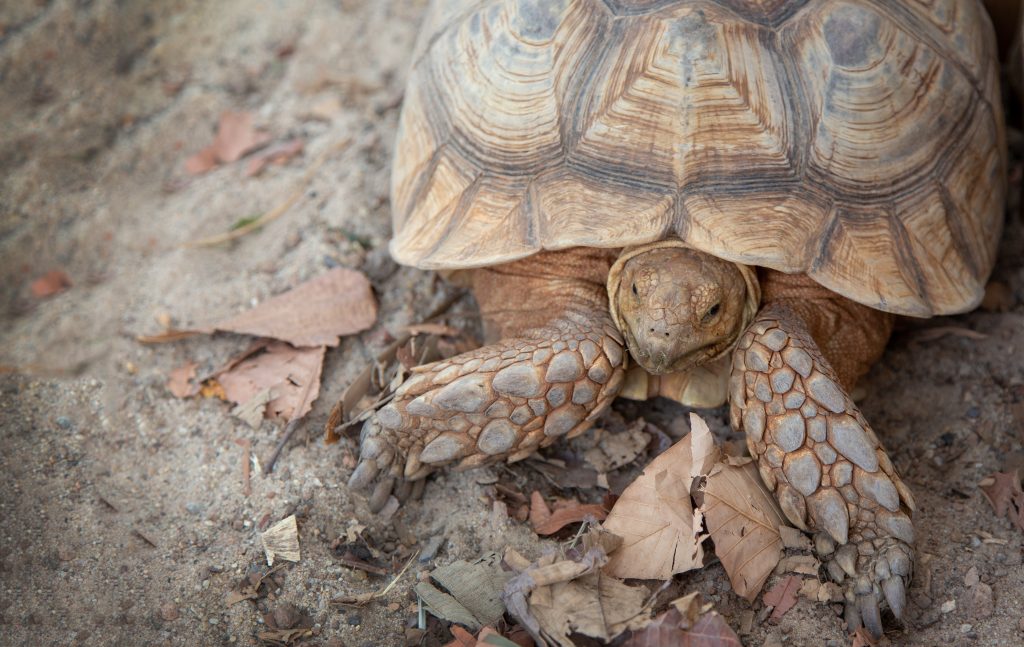
Turtles are one of the most commonly neglected animals in a classroom setting. The degree of misunderstanding about their needs leads to life-long damage and a lifetime of suffering in silence.
For more information, check out our article: Turtles And Tortoises Need Rescue, Too.
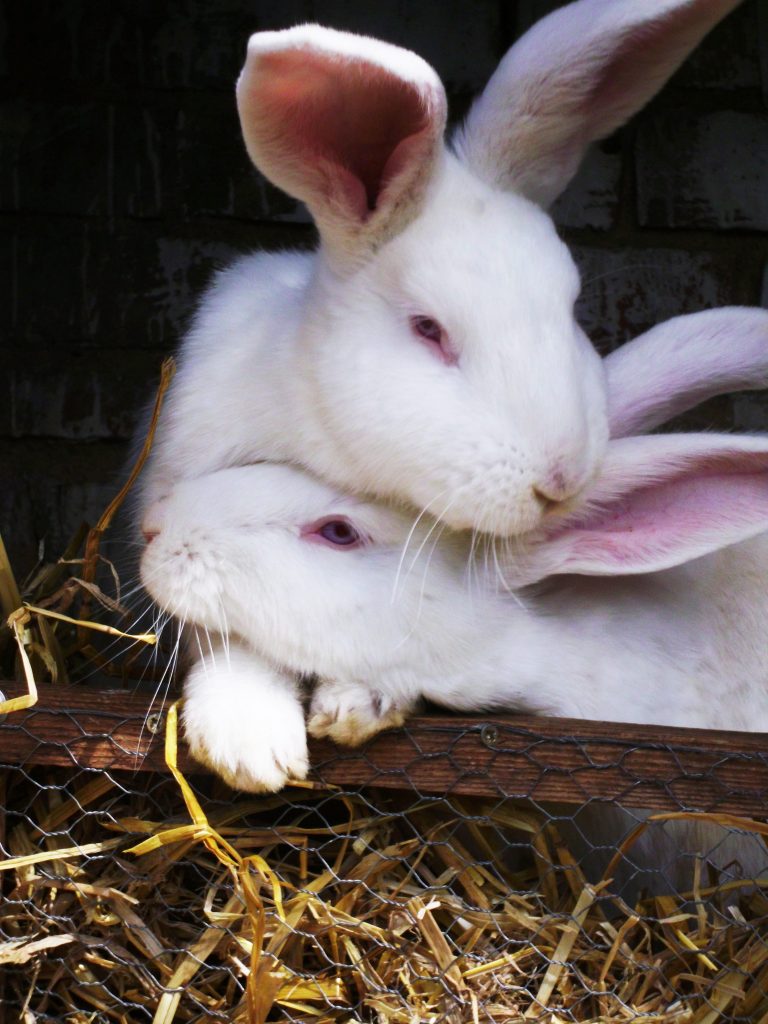
Rabbits are social animals that require ample area and companionship to live happy and healthy lives.
Too often, rabbits are kept in classrooms in small cages, which for us humans would be like spending our lives in a closet.
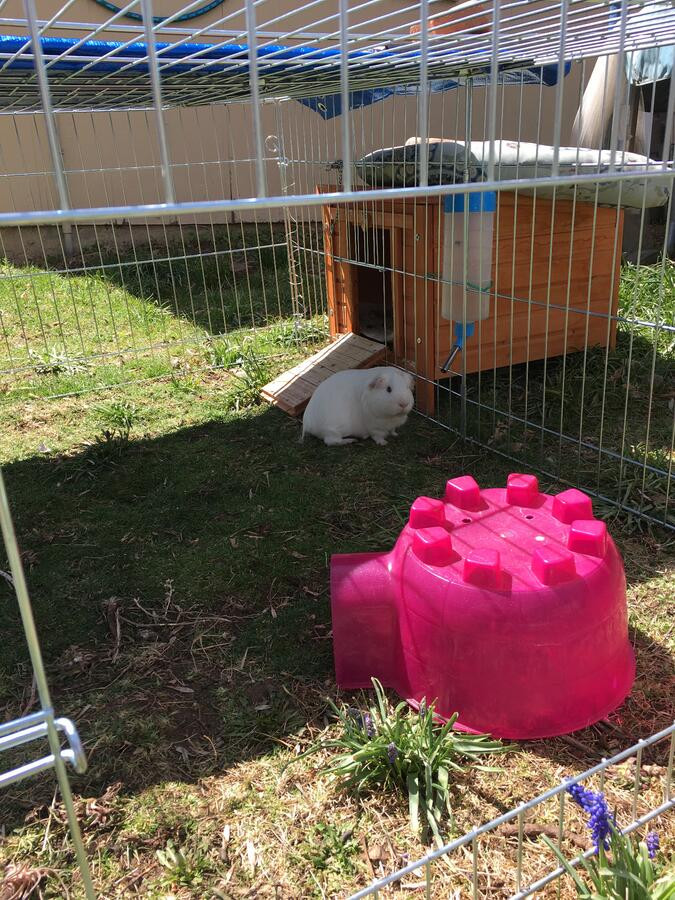
Guinea pigs are one of the most commonly neglected animals in a classroom setting. They are also social animals that can suffer greatly from being kept alone. The degree of misunderstanding about their needs leads to life-long suffering and a decreased life span.
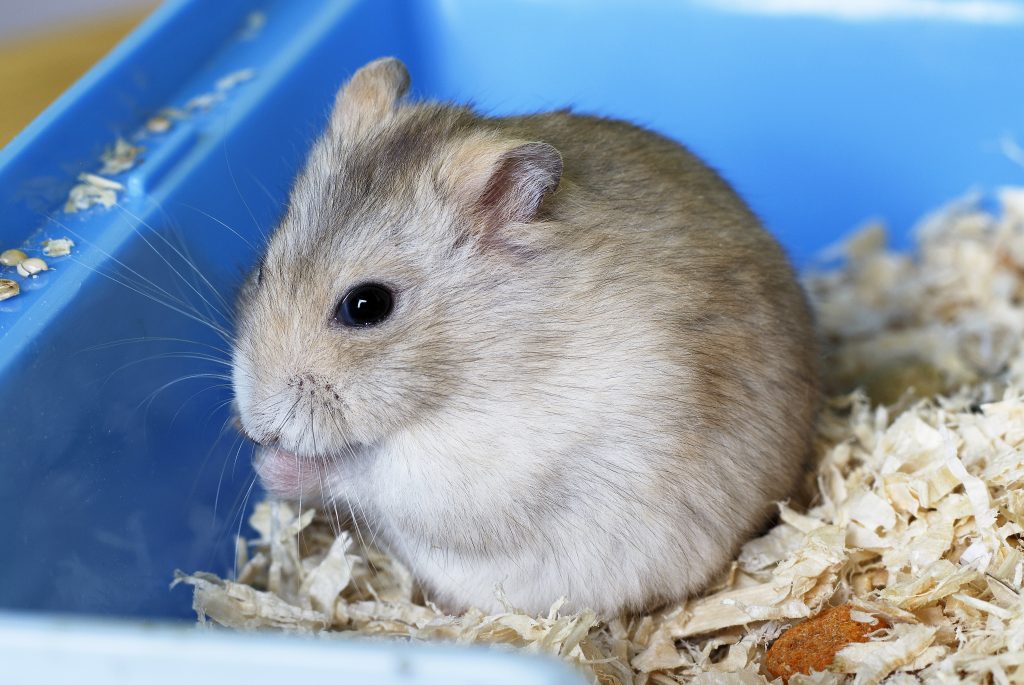
Hamsters are frequently abused in classroom settings and family homes.
Too often, hamsters held in these conditions are not provided the environment and support they need for a healthy and happy life.


